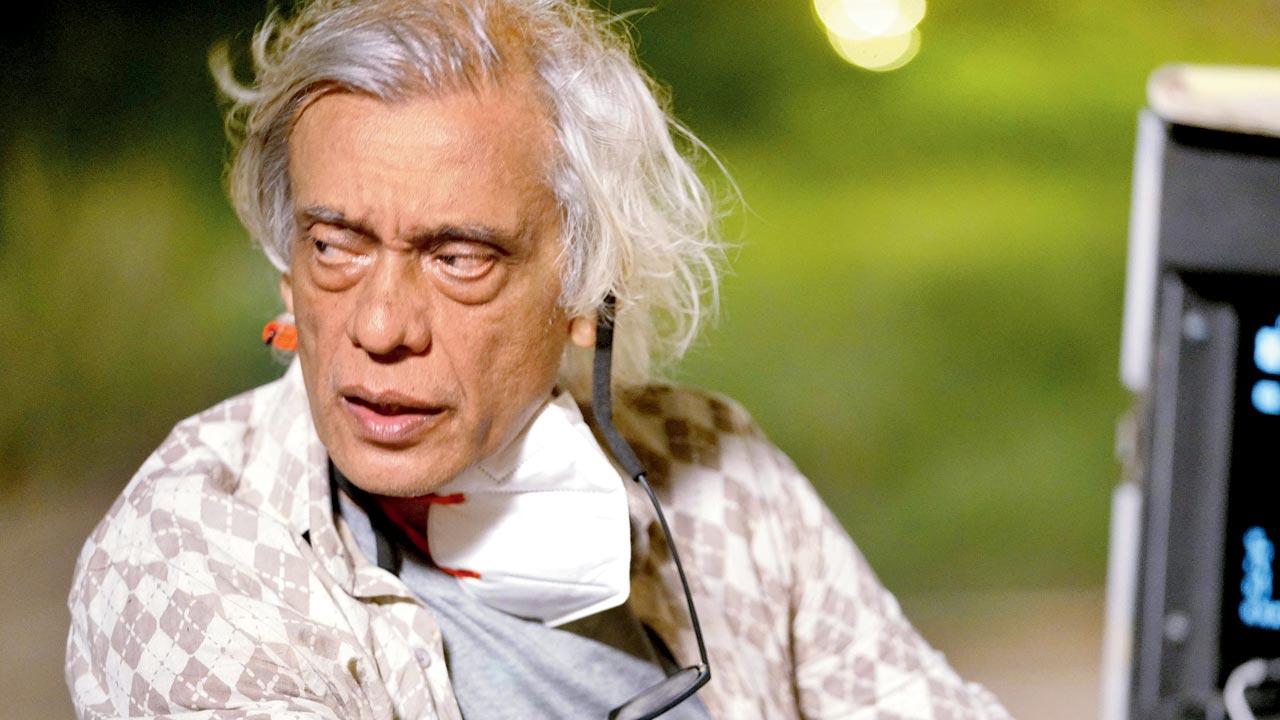At Delhi screening, everyone asked the same question: ‘How has Afwaah passed the censor?’-Sudhir Mishra
10:17 AM
Posted by Fenil Seta

Asserting that Afwaah is not about love jihad, director says film that explores provocative theme of rumour-mongering was cleared by CBFC without major cuts
Mohar Basu (MID-DAY; May 6, 2023)
On Friday, Sudhir Mishra’s Afwaah and Sudipto Sen’s The Kerala Story released alongside one another, two stories that are ideologically poles apart. As we get on a call with Mishra, it hasn’t escaped his notice that his movie, which revolves around rumour-mongering, has failed to make it to prime-time news the way the other release has.
The filmmaker says, “Times are strange. Eventually, the idea is that the film reaches out to people. It’s meant for conversation. I usually don’t give a damn about how people react, but with this one, I do.”
With Mishra, you can be assured of strong political movies with urgent themes at their centre. The Nawazuddin Siddiqui and Bhumi Pednekar-starrer appears to have been crafted to serve a specific purpose — to provoke powerful forces.
“My intention is not to insult anyone. Afwaah is exactly the film I wanted to make. As for [it being] provocative, when I came out of the screening in Delhi, everyone asked the same question: ‘How has the film passed the censor?’ But it did, without its core compromised or major cuts made. We are probably wrong. We are living in a freer society than we think. The CBFC is autonomous.”
Afwaah follows Pednekar’s character Nivedita, who escapes her politician-fiance’s clutches and is chased down by his men. When Siddiqui’s Rahab Ahmad steps in to help her, the politician turns Nivedita’s rescue into a false love jihad narrative. Point out that the film’s promotional material steers clear of touching on love jihad, and the director explains,
“The film is about what if a monster chasing you is a rumour, about the atmosphere and belief systems in which rumours thrive. The film is not about love jihad; it is about being trapped in a Kafka-esque absurdity.”
Would he have marketed it differently if we were living in different times? “My job was to make a film, and I made an honest one. We are living in cynical times. Almost no one expects us to tell stories of such nature anymore.”
The filmmaker admits that the week’s other release, The Kerala Story, offers an alternate view. He believes movies with conflicting views pave the way for an open dialogue and an inclusive society.
“Both films are true and valid. It’d be interesting if people watched both. People say that no one is talking about our times. I am, and I can only hope that people don’t reject the film. I even did a podcast with Vivek Agnihotri. I wish to encourage conversations between people of various value systems.”
This entry was posted on October 4, 2009 at 12:14 pm, and is filed under
Afwaah,
Bollywood News,
Sudhir Mishra,
The Kerala Story,
Vivek Agnihotri
. Follow any responses to this post through RSS. You can leave a response, or trackback from your own site.
Subscribe to:
Post Comments (Atom)
Post a Comment